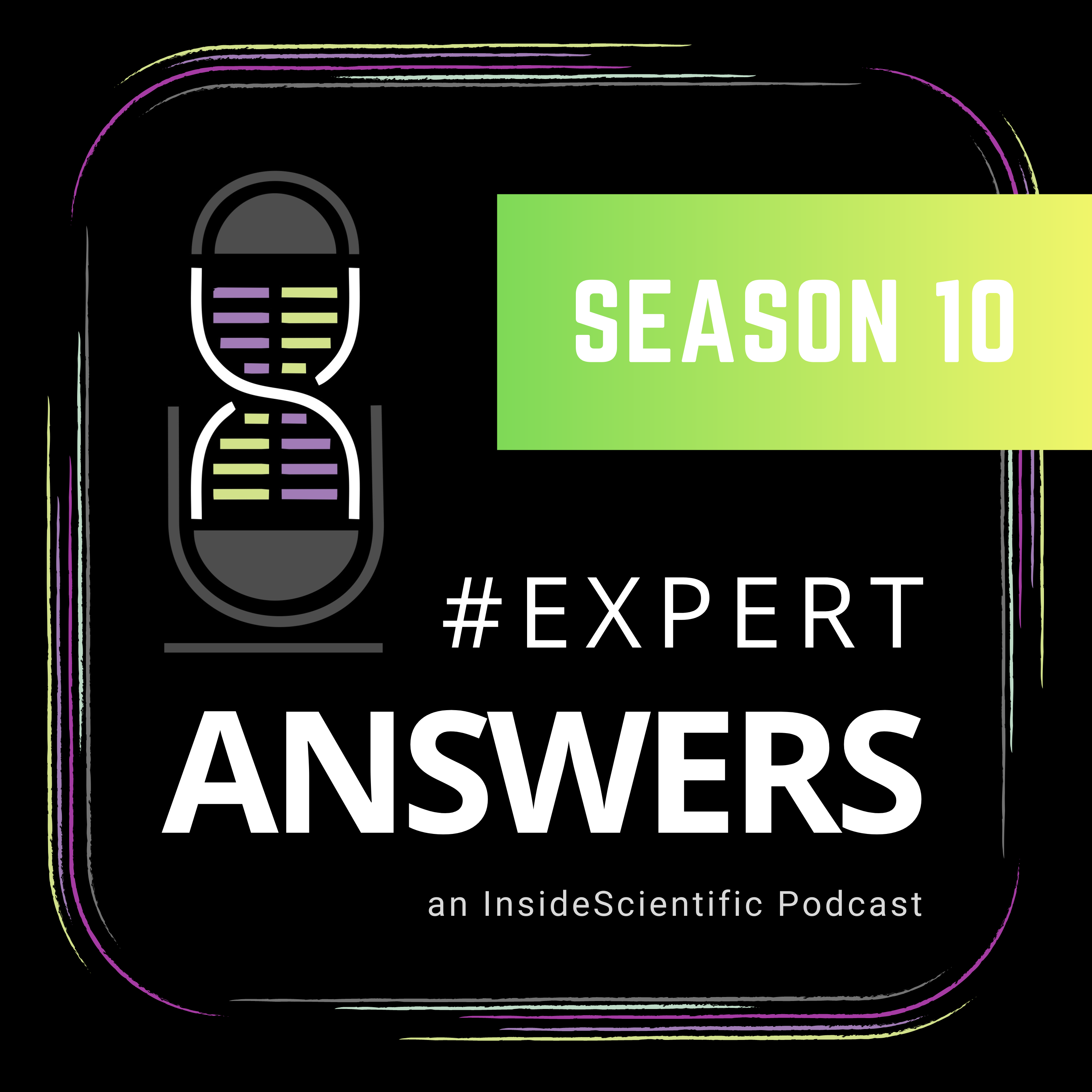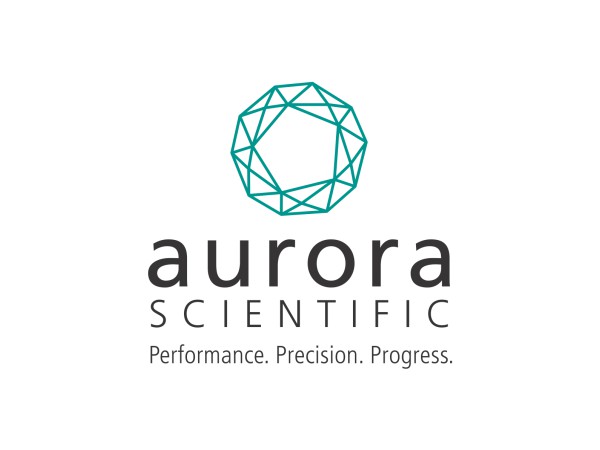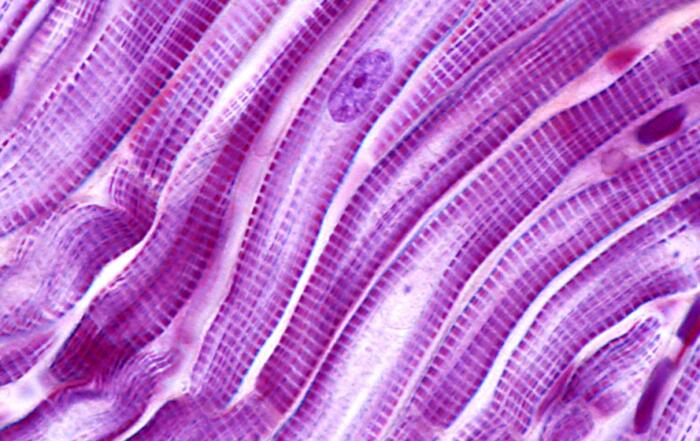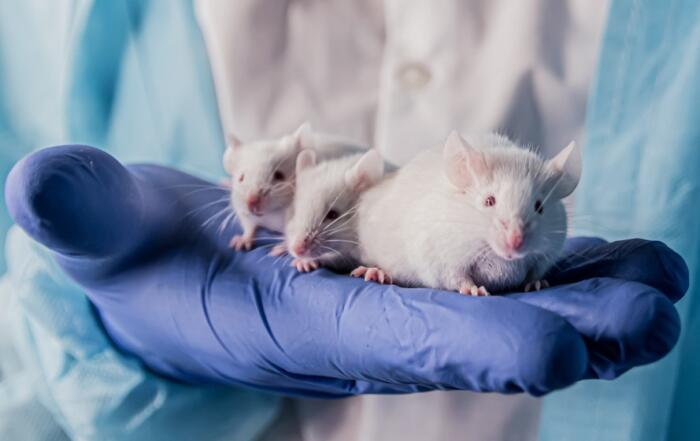Christopher Perry, PhD discusses how his laboratory aims to discover mechanisms by which metabolic dysfunction causes muscle weakness and apply these findings to develop new therapies for muscle disorders. Homira Osman, PhD provides a particular focus on leveraging scientific findings for practice and policy and linking trainees with patient communities.
Muscles are highly adaptable organs. When presented with a range of physiological stressors, muscles can activate cellular response programs that ultimately improve their ability to resist future stress. This property is the basis of why the repetitive stress of exercise improves muscle health. However, many muscle diseases such as muscular dystrophies, metabolic diseases, or muscle wasting disorders are associated with very similar physiological stressors. The Perry lab examines the cellular and physiological mechanisms that determine whether a muscle responds positively or negatively to a variety of stress stimuli.
This perspective is also used to guide therapy development in the lab. Using pre-clinical experimental models, the lab collaborates with clinical and industrial partners to develop therapies that correct the mechanisms that contribute to muscle diseases. Through this approach, graduate students and other trainees in the Perry lab form relationships with these partners and develop a broader understanding of translational research whereby basic science is used to guide therapy development with key stakeholders.
In keeping with this theme, the lab is now partnering with advocacy foundations to link us with patient communities. This process will allow us to learn from the lived experiences of people with diseases that we study in our lab. The goal of this strategy is to create a more informed perspective of the unmet needs for therapy development in order to guide our experimental questions and experimental designs. While this approach is increasingly common in clinical research, we believe this could also benefit early stage research in pre-clinical models as performed in our lab.
To expand on the partnerships with advocacy foundations, Homira Osman, PhD from Muscular Dystrophy Canada touches on how knowledge translation (or knowledge mobilization, research to action, knowledge exchange) closes the gap between research and implementation and improves the use of research evidence in practice, policy, and further research. She also introduces the value of best scientific practices and products, specifically for pre-clinical neuromuscular research.
Such relationships also allow us to engage in science communication through activities that inform patient communities of the scientific basis of muscle health and the latest advances in research related to their disease.
Collectively, the integration of clinical, industrial, and not-for-profit advocacy partners with our research offers great potential to improve our research impact in a manner that focuses our questions to the unmet needs of people living with muscle disorders.
Key Topics Include:
- Understand the importance of researching diseases that compromise muscle health.
- Appreciate the process by which basic science can be used to develop new therapies for muscle disorders.
- Appreciate the potential for integrating clinical, industrial, and not-for-profit partners in pre-clinical research.
- How patients can meaningfully partner with clinical and basic scientists from consultation to involvement, to collaboration and empowerment.
Resources
Presenters
Associate Professor
School of Kinesiology & Health Science
York University
Vice President
Research and Public Policy
Muscular Dystrophy Canada













